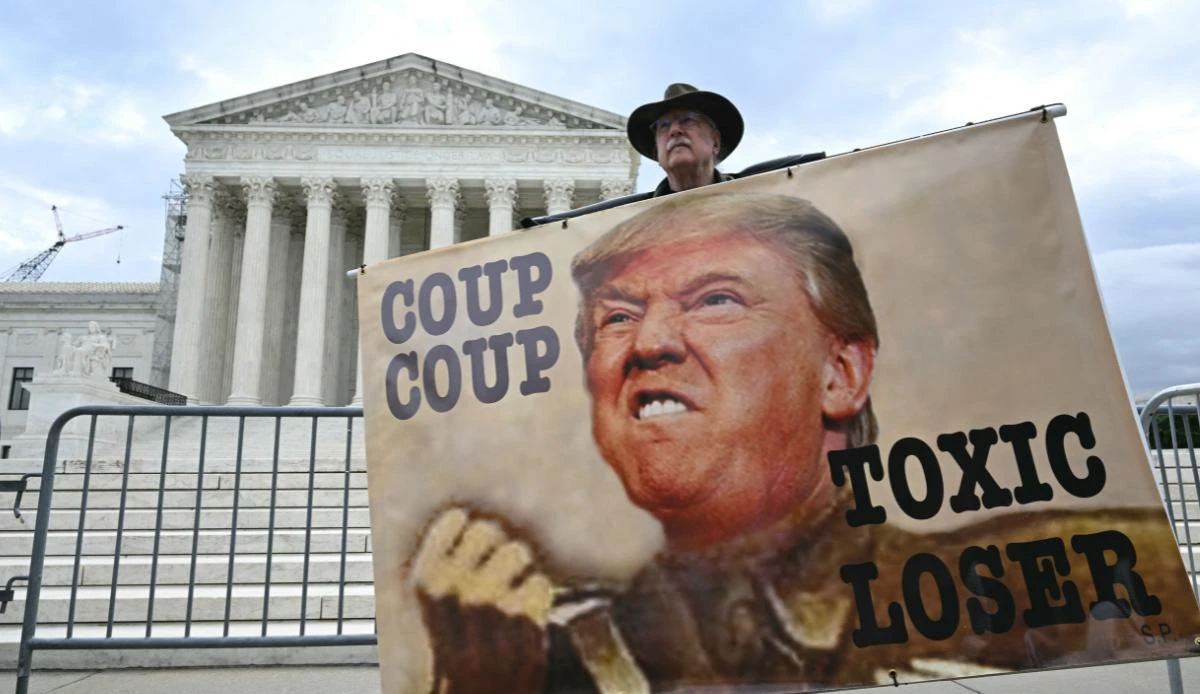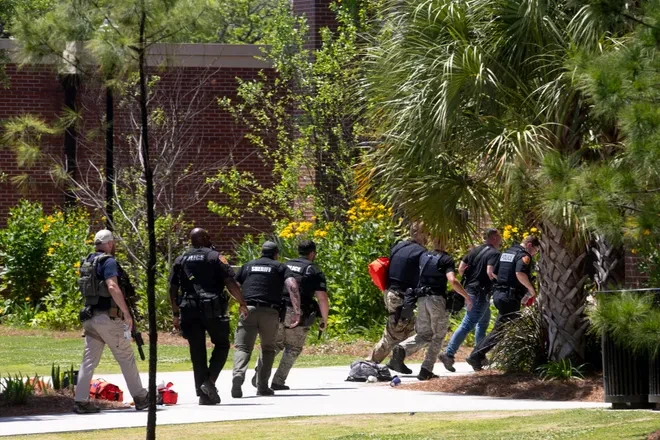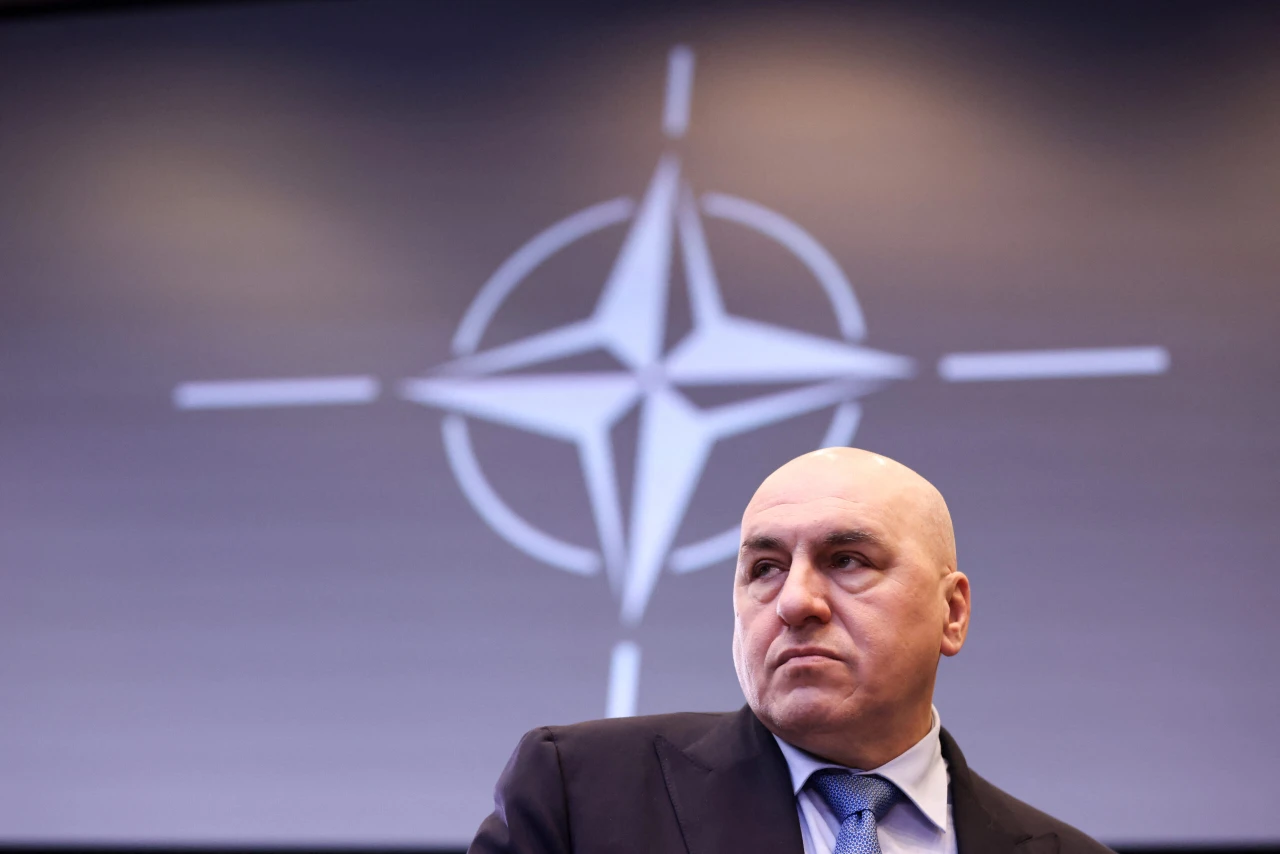US Supreme Court considers Trump’s claim of immunity from prosecution

The ruling of the country’s highest court carries profound implications for the scope of executive authority, with Trump’s legal entanglements looming giant as he contemplates another bid for the White House
The U.S. Supreme Court convened Thursday to deliberate on whether former President Donald Trump should enjoy immunity from criminal prosecution for actions taken during his tenure.
The ruling of the country’s highest court carries profound implications for the scope of executive authority, with Trump’s legal entanglements looming giant as he contemplates another bid for the White House.
Legal experts in constitutional law widely anticipate a judicial setback for Trump, though the political ramifications may diverge.
By accepting the case, the court’s justices effectively deferred the commencement of Trump’s trial concerning allegations of conspiring to subvert the outcome of the 2020 election, which saw Democrat Joe Biden emerge victorious.
Representing Trump before the court, John Sauer contended that presidential immunity from criminal prosecution is indispensable for the functioning of the executive branch.
“Without presidential immunity from criminal prosecution, there can be no presidency as we know it,” Sauer argued.
He warned of a scenario where sitting presidents would be vulnerable to coercion and manipulation by political adversaries.
Ahead of his appearance in a Manhattan courtroom for his hush money trial, Trump voiced dissatisfaction with the court proceedings, asserting that the presiding judge had barred his attendance at the Supreme Court hearing.
“I would have loved to have been there; I should have been there, but this judge would not allow it to happen,” Trump lamented.
He underscored the significance of immunity, suggesting that without it, the presidency would devolve into a symbolic, ceremonial role.
The issue of whether a former president enjoys immunity from prosecution represents uncharted territory in American legal jurisprudence. The case against Trump, filed by Special Counsel Jack Smith in August, marks the first instance of a former White House occupant facing criminal charges.
Smith had sought a trial start date in March, but Trump’s legal team mounted a series of challenges, including the assertion of “absolute immunity” for an ex-president.
Lower courts swiftly rejected Trump’s immunity claim, emphasizing its lack of support in legal precedent or the U.S. Constitution. Despite Trump’s optimism for a favorable outcome, legal experts anticipate a judicial rebuke, underscoring the court’s independence from political influence.
James Sample, a constitutional law professor at Hofstra University, expressed skepticism regarding the likelihood of the court endorsing blanket immunity for a former president.
“I find it hard to believe that even this very, very conservative, very pro-Trump Supreme Court will be inclined to find in favor of an argument that says a president is completely immune,” Sample remarked.
Steven Schwinn, a law professor at the University of Illinois Chicago, highlighted the temporal significance of the court’s decision. He noted that even in the event of a resounding defeat for Trump, the timeline for trial proceedings could prove pivotal, particularly with the looming specter of the November election.
In addition to the charges in Washington related to the 2020 election, Trump faces similar legal challenges in Georgia and Florida, where he stands accused of mishandling classified documents.
Source: AFP



